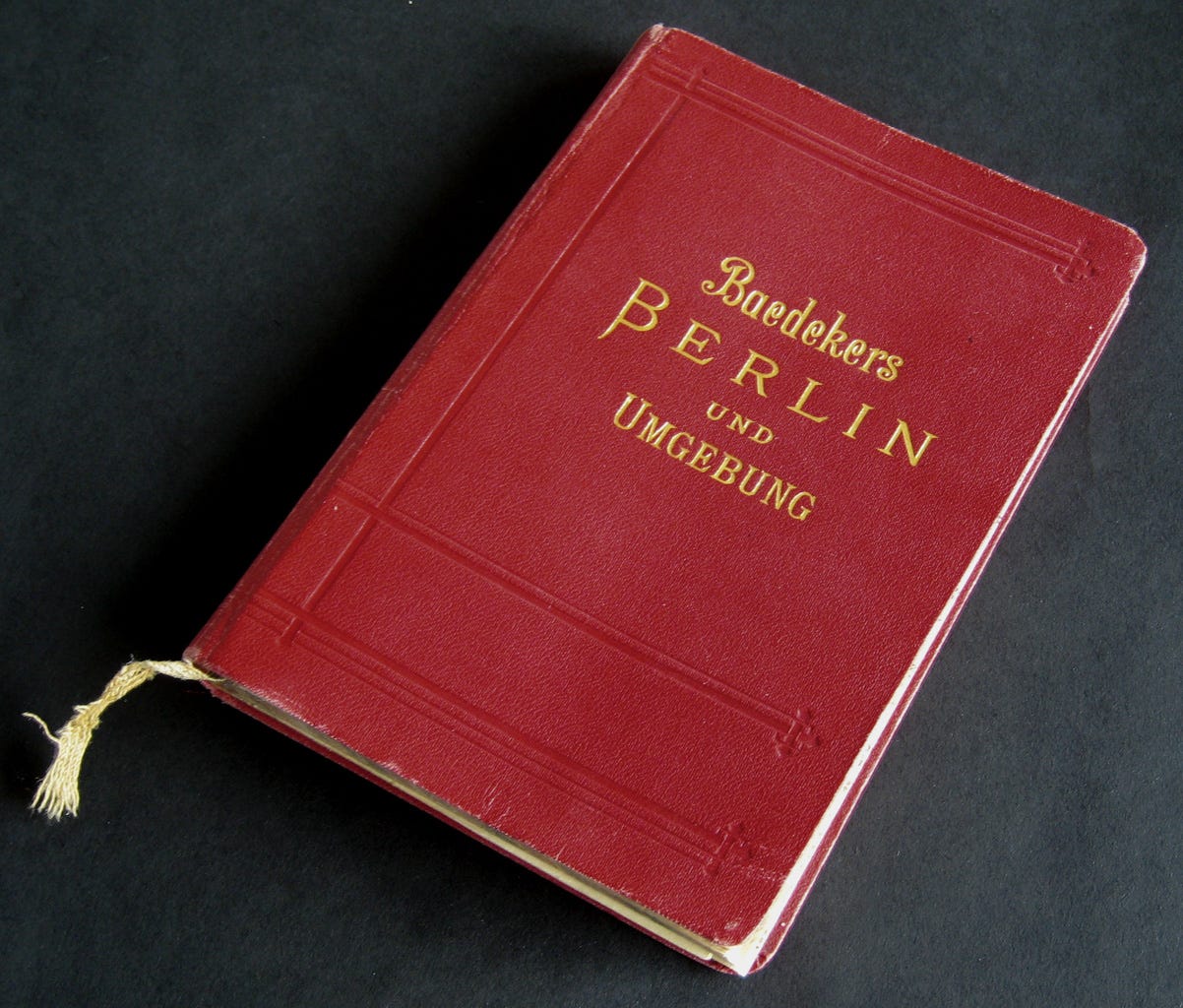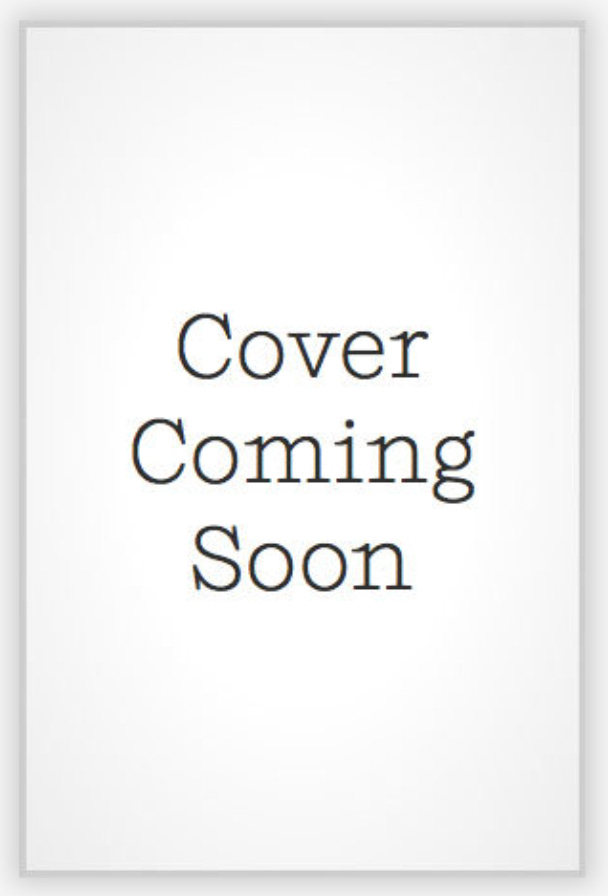I paused posting these Pynchon Dailies digests for a couple of weeks when I was posting a movie and a FilmStack Challenge. There are 10 total parts to this digest series, at which point I ran out of dailies to post. There may still be more that come up before publication of Shadow Ticket in October, but we’re nevertheless zooming toward its release date and the end of this project.
During this block I talked a lot about Chris Marker, postmodern politics, and travel.
To catch up on previous New Pynchon Novel! digests, start here:
New Pynchon Novel! Part 7
Welcome back to my round-up of Notes posts on Pynchon’s writing in anticipation of Shadow Ticket coming out Oct 7, 2025.

Day 42 of new Pynchon novel, so talking about discarded branches of history, I feel a lot of my attraction to Pynchon’s work comes from the same place as my attraction to Chris Marker’s work. Both have subversive, surreal, and cerebral sensibilities.
And both are disenchanted leftists, though of different sorts. For one thing, Pynchon’s ironic detachment seemed to come early; Marker worked in utopic media before discovering its failures for himself. The other is that Marker’s leftism started from a more Marxist center, whereas Pynchon’s was more preterite: Bakunin, who was forced out of the mainstream debate by Marx himself along with the typical roster of powers-that-be.
Here is a good place to discuss the concept of postmodernism in the sense of art that concerns itself with the postmodern condition, versus say art that attempts to ‘be’ postmodern or create a postmodern dialectic (guys I physically gagged typing that word):
The postmodern condition was the result of the failures of modernism to cohere to, let’s say, Hegelian linear history sort of results. An oversimplified way of thinking of modernism is that it builds the concept of a thing as being inherently founded in an essential form: “the story of history is the progression of revolutions, leading ultimately to the ownership of capital by labor” say, or Freudian “consciousness is made out of the ego, superego, and id,” or painters increasingly concerning themselves with essential forms, colors, and compositions. All very Platonic, all very idealistic.
All very fragile against the complexities of pretty much every level of human cognition and social cohesion.
At its most reactionary, postmodernism throws in the towel: if history isn’t the linear progression of revolutions, then there is no history! If there’s no basic form that explains yourself entirely, then there’s no inherent meaning in any visual forms! If there’s no basis to signs decisively chaining them to their appropriate signifiers, then language is arbitrary! (And implied or directly stated in a lot of this is that it’s the capitalists’ fault by purposefully reducing sign and signifier to exclusively what can be commercialized and sold.)
But that type of postmodernism is mostly academic, and mostly dull. Postmodernism shouldn’t be so easily dismissed, because in where an artist or thinker contends with the limits of sign and signifier to directly correlate, enjoys tinkering with the limits of language and communication and our collective cognitive dissonances, understands the cybernetic relationship between our media and our cognition, and has seen the seeds of failure of any modernist track within its own manifesto, above all has a wit about them regarding the world of appearances and what weirdo shit lies beneath the veneer, then you have an artist who confronts you with your own biases and values with a wry smile and a dire warning that you’re bound to be, at best, disappointed.
So, like, I’m no Marxist or anarchist. However, watching the right wing develop a MAGA post-modernism to match the academic leftist post-modernism while liberal democrats peer into the end of the End of History with a sort of horrified bemusement completely lacking the language to express what monsters, exactly, here be the times of, it’s worth looking at these disappointed leftists once again and grokking their cope. There’s some useful mental and moral reckoning behind the philosophical self-flagellation there, should you choose to accept it.
And above all, they bring great puns. Boy, do the best postmodernists know how to turn a symbol on its head.
Day 43 of new Pynchon novel, when I started rereading his books methodically I found a very useful resource for annotations, pynchonwiki.com . It’s run by the same guy who runs thomaspynchon.com and was launched after the release of Against the Day.
My midlife reread process is the second read through, I look everything I don’t know up and read the book very carefully. That’s how I found this site, and after awhile I just opened up it's book page while starting a second or sometimes third read of whichever Pynchon novel I was on.
I’m curious how quickly it will update for Shadow Ticket, or if it will at all. Or if it will continue after the owner, Tim Ware, passes, and who would inherit it. To think about, this has been around already for 20 years. A piece of Internet ephemera, I fear doomed one day to the Wayback Machine, which itself is highly glitchy and I think doomed long term.
Imagine asking ChatGPT for explanations of Pynchon’s references… sheesh. How could you tell when it’s hallucinating?
I also read Harry Potter in Spanish with a translation app open, so of late I’ve actually become pretty comfortable with “second screen” reading in a way I don’t think people should quickly dismiss. I actually wonder what people did with Pynchon books beforehand, either encyclopedias on the standby or just winging it, I suppose. Which is valid.
I know that there was a book of annotations published for Gravity’s Rainbow I intended to buy back in the day. Admittedly, PynchonWiki sort of ended that desire.
Holy shit… while writing this out this morning, I found it. I found the Warhol banana Gravity’s Rainbow cover. It was for Steven C. Weisenburger’s A Gravity’s Rainbow Companion.
Day 44 of new Pynchon novel, I’ve spent a lot of time talking up ways of thinking of adaptation, favorite works, why I like his work, how he inspires me and other writers, &c., but admittedly, I’m not interested in making Pynchonesque (Pynchonian? Pynchonic?) work. I’m not particularly interested in telling his stories, or telling my stories in his style.
Part of it is just the sheer uniqueness. You can’t write the things that Pynchon does without having his specific interests (and personality).
I feel like a lot of people become interested in the things Pynchon is interested in through Pynchon’s work, and then feel like making something about those interests, but that’s not the same thing as generating new work from their own interests. Again, that’s what makes Against the Day so special for me, it actually was about some of my previously-existing interests: the 1893 Chicago World Exposition, the folk history of anarchist dynamiting in Colorado, Nikolai Tesla (who everyone was interested in back in 2006), eldritch horror, steampunk airships, and speculative digressions into hollow Earths.
But and also however anyway, I do pick up things from writers like any other sort of mimetic creature, but I’m also not particularly interested in mimicking his style. There’s a lot to learn from his craft but not a lot that’s imitable.
I will say that Pynchon cited as a comparison in a book blurb is typically a fairly good indication that the book will either be a systems novel or richly, perhaps even Baroquely, detailed. And, hopefully, funny. I can’t say that any book described as “like Pynchon and…” or “like if Pynchon ….” ever really struck me as Pynchonesque, but the worst they’ve been is interesting.
However, I honestly can’t say I can think of any other author who writes remotely like him. He just stands alone. I think writers want to stand alone like that, but that’s not something you can plan.
I’m a huge believer in craft and learning and improving, but talent can’t be manufactured. Thus trying to be like any other talent is going to destroy your own.

Day 45 of new Pynchon novel, how close to release does a cover typically drop?
Was really hoping to geek out on the cover of Shadow Ticket by now, though if I wanted to go crazy I suppose I could try to really do some paranoid media deep read of the synopsis or something. “Prohibition Era…? Pynchon's contending with our national drunkenness and the War on Drugs….”1
Day 46 of new Pynchon novel, I was lamenting to my wife one day that he could die pretty much any day now, and she responded
“Pynchon isn’t real, it’s just a pen name a bunch of books agents and editors use to publish the sort of books they want to see in the world.”
Reader, I love her.

Day 47 of new Pynchon novel, I'm in Boston currently so can live the Kit Traverse life for a bit (especially tomorrow taking some ferries) but no, I will not be trying to recreate Slothrop’s toilet scene.

Day 48 of new Pynchon novel, I am heading to Salem, which brings back a scene I’ve mentioned a few times in these Notes, when Slothrop dances with the Bavarian witch Geli Tripping (name a reference to Gilbert & Sullivan, “gaily tripping, lightly skipping, flock the maidens to the shipping” as well as inferring psychedelics) on the top of a mountain, their shadows cast by the sunset extending their reach over the German forest. It was one of the first read-through moments where Pynchon's writing switched mode from mechanics to beauty.
Later I figured out the magic vs modernity theme of Pynchon, where the old magics were carved out of the earth with the whittle of industrialization. Ironic then that Geli is the lover of Tchitcherine, a Soviet soldier that precedes Darth Vader in cyborg status of becoming “more machine than man.” In this scene they dance upon a rift literally called “The Broken,” referring both to the immediate post-war aftermath and to what we’ve done with the world.
Anyway, if I recall correctly there is some references to Salem in both Gravity’s Rainbow and Msson & Dixon, but for such a Pynchonian event the trials themselves are perhaps too mainstream. However I feel s lot of kinship between Pynchon and Nathaniel Hawthorne re: contending with that particular wound of history, though Hawthorne had a forebearer involved so took it more personally.
By the way, Hawthorne was one of my favorite authors in high school.

Day 49 of new Pynchon novel, a Facebook post I wrote in September, 2020:
In Coréens, Chris Marker observes that there are different ways of travelling: 'the Barnabooth way, the Genghis Khan way, and the Plume way.' In other words, those of the gentleman travellers, the conquerer and the one who humbly accepts the random upheavals of the journey. Marker writes that his own preferred method is to submit, Plume-like, to the haphazard events that befall him: 'to accept in their disorder the rhythms, waves, shocks, all the buffers of memory, its meteors and dragnets.' This approach is reflected in the aleatory character of Marker's travelogues, which flit spontaneously from one fact or observation to another, without attempting an ordinary narrative account of the place being visited. The intensely personal quality of Marker's response to other countries brings out the subjective, imaginative dimensions of travel, captured in the Romantic poets Gérard de Nerval's famous maxim that the purpose to travel is 'to verify one's dreams.'
--Catherine Lupton, Chris Marker: Memories of the Future, p.43-44.
At nearly the same time Thomas Pynchon writes about the fourth way, now world dominant, known as Baedeker-land: the commercial and consumer class world of tourists and expats that has increasingly become a lifestyle magazine industry. These differ from the Barnabooths because the Barnabooths became what The Economist dubbed "Davos Man," the globe trotting transnationals that effectively founded a borderless meta-nation of their own, for which geography is roughly beside the point. They differ from Ghengis Khan because they swapped resource extraction with wage service industry. It's not enough to call them post-modern Khans because real Khans still exist.
Most Baedeker-land travelers think they're Plume travelers, but their strange gravitational attraction to beaches and scheduled, blocked out festivals betrays them.

To read my previous Musing Outloud essays:
The 10 Most Influential Movies of the 21st Century
The NY Times released a list of the 100 Best Movies of the 21st Century . I haven’t seen it because I no longer have a subscription, but I was able to access their reader ballot and fill out a top-of-my-head list:
New Pynchon Novel! Part 7
Welcome back to my round-up of Notes posts on Pynchon’s writing in anticipation of Shadow Ticket coming out Oct 7, 2025.
New Pynchon Novel! Part 6
Welcome back to my round-up of Notes posts on Pynchon’s writing in anticipation of Shadow Ticket coming out Oct 7, 2025.
To read more about books:
Bookreading Memories
Two weeks ago I posted Moviegoing Memories, a roundup of personal experiences I’ve had at the cinema that I originally posted to Facebook about four years ago and decided to transfer to Substack.
Living in Dark Psyches
I started alternating reading an unread book with re-reading a previously read book off my shelves somewhere in the midst of the pandemic lockdowns. It started largely as a question of how to organize shelves:
Independently Published Books I Own
My mother used to buy books of poetry from her friends. She even once bought the mystery novel of a daughter of a friend of hers. I, a judgmental teen, once snootily asked her, “How do you know the books are good?”
Send a Venmo tip!:
This original comment was made in late April and as of July 7th, the cover is still not revealed.











